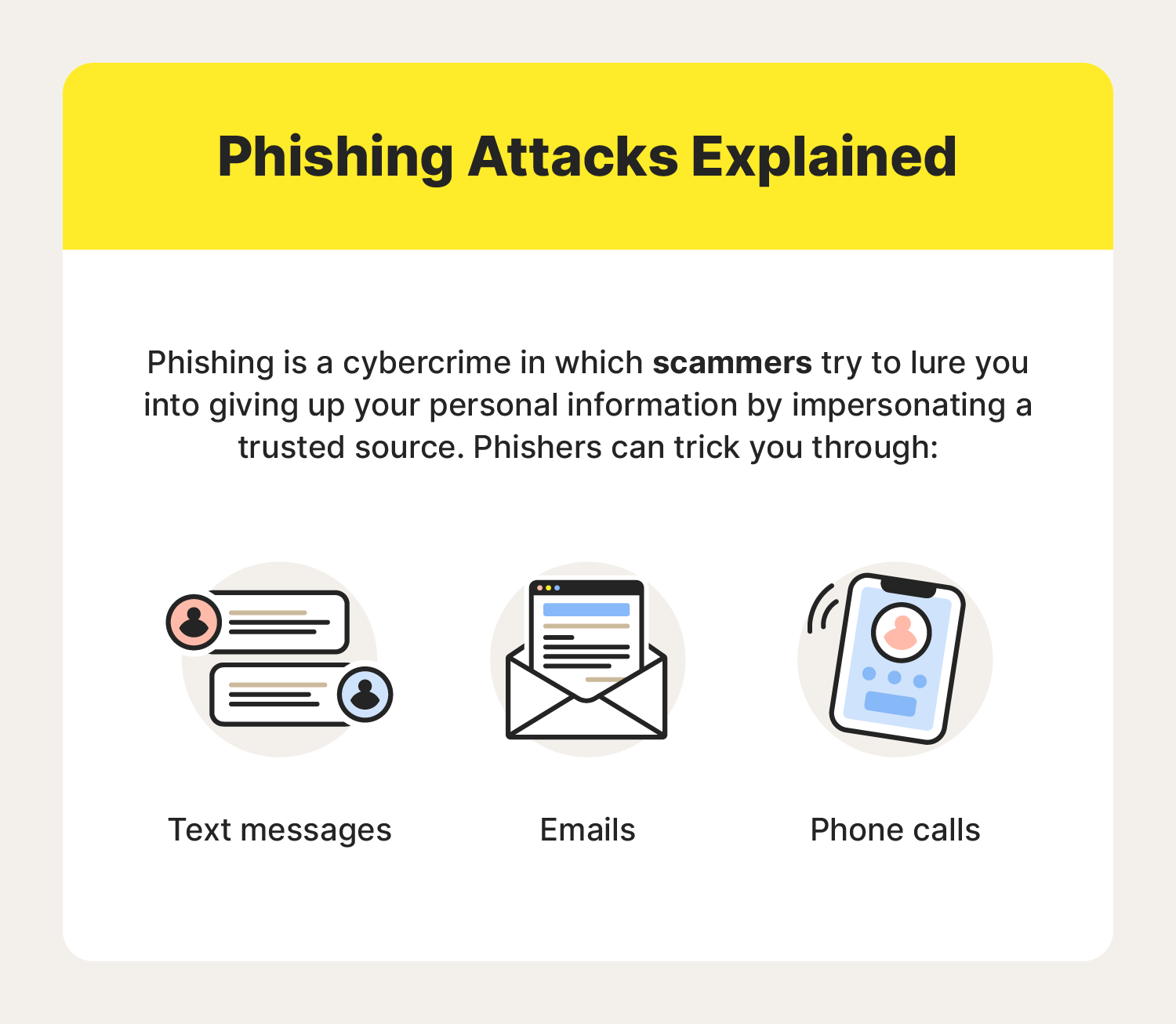
Phishing scams involve sending emails or text messages that appear to be from legitimate organizations, such as banks or government agencies, but are actually attempts to steal your personal information. These emails often contain links to fake websites that mimic the appearance of the legitimate site. Interacting with these websites can result in your personal and financial information being stolen.

Job scams typically involve fake job postings on websites or social media platforms. These postings often promise high-paying jobs with minimal effort required. However, once you apply or provide your personal information, the scammers may steal your identity or ask you to pay for training or materials that never materialize.
Tech support scams involve fake pop-up messages or phone calls claiming to be from tech support services. These scammers often trick users into believing their computer is infected with a virus or malware and convince them to pay for unnecessary tech support services. Interacting with these scams can result in financial loss and the installation of malware on your computer. Don’t call the suggested tech support numbers and don’t give your personal information to the scammers. Simply Shut down your computer and ask for help from your tech coach at Bridge LA.

Fake shopping websites mimic legitimate online retailers and offer products at deeply discounted prices. However, these websites are often fronts for scammers who will take your payment information and never deliver the product. Interacting with these websites can result in financial loss and identity theft.
Romance scams involve individuals posing as romantic interests on dating websites or social media platforms. These scammers build a relationship with their victims and then ask for money for various reasons, such as medical emergencies or travel expenses. Interacting with these scams can result in financial loss and emotional distress.
When interacting with reputable companies’ websites, users typically exhibit cautious yet trusting behavior. They carefully review the website’s URL for authenticity, look for secure HTTPS connections, and verify contact information. Users may also research the company’s reputation and read reviews from other customers before making any transactions or providing personal information. This cautious approach helps users ensure they are dealing with legitimate businesses and protect themselves from potential scams.
On the other hand, interacting with online scammers often involves a sense of urgency or pressure tactics. Scammers may use aggressive language or threatening messages to coerce users into taking immediate action, such as clicking on malicious links or providing personal information. They may also create a sense of familiarity or trust by mimicking the branding and messaging of reputable companies. However, upon closer inspection, users may notice red flags such as misspellings, suspicious URLs, or requests for sensitive information.
Distinguishing between the behavioral interactions with reputable companies’ websites and online scammers requires careful observation and critical thinking. By remaining vigilant and paying attention to details, users can protect themselves from falling victim to scams and safeguard their personal information online.
It’s important to remain vigilant and skeptical when interacting with unfamiliar websites or messages online. Always verify the legitimacy of websites and communications before providing any personal or financial information. If you suspect you’ve encountered a scam, report it to the appropriate authorities and cease all communication with the scammers.

